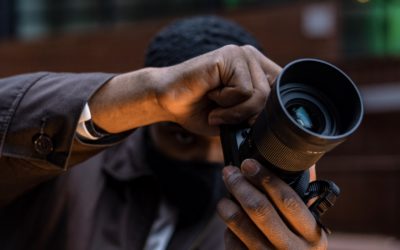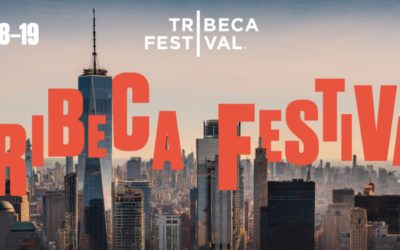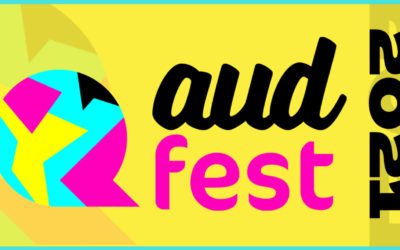After a career as a documentary filmmaker, Kathryn Dietz became the Executive Director of the Filmmakers Collaborative (FC), an organization that provides fiscal sponsorship to independent media makers. With the media industry changing dramatically in the digital era, Dietz and her FC colleague Laura Azevedo looked for a way to address the next generation of filmmakers. They wanted to improve media literacy and skills for children of this technology saturated era, and together founded the Boston International Kids Film Festival. This year is the second annual BIKFF. It will be held November 7-9 at the Somerville Theatre in Davis Square. Tickets go on sale the first week of September.
Q: Tell us how the festival began.
In the summer of 2012, Laura and I had a retreat with the FC board of directors to talk about changes in our industry and how we might address them. The changes are dramatic. Media has moved online, with new models of funding, production and distribution. Filmmakers are getting younger and younger. Cheap digital tools make it at least theoretically possible for anyone to be a filmmaker. Kids are inundated, spending upwards of 8 hours/day on digital media; on YouTube alone there are over 8 years of content available at the click of a mouse. Media literacy and skills are clearly essential for anyone growing up in the 21st century. As a group of professional filmmakers, we thought that FC could help, by offering essential media skills from an experiential perspective. Thus the Boston International Kids Film Festival was born.
Our aim is to help kids learn how to use media so that it doesn’t use them, and to empower them to tell their own stories through the positive use of visual media. We want to inspire them with thought-provoking films, and give them opportunities to learn from media industry professionals. Eventually we want to create a year-long initiative that culminates every November with the festival. We settled on ages 10 and up because there are so many great films made for this demographic, and because kids this age can readily interact with workshop leaders.
Q: What is unique and exciting about the BIKFF?
A: Well for starters, there is nothing like it in the Boston area — and I think ours is the only festival that is put on by professional filmmakers (FC), in association with professional educators (Tufts University). We bring to the festival a wealth of filmmaking experience and a liberal arts perspective on media literacy.
What is the most fulfilling part of working with the festival? Great question! Programming is really fulfilling. It’s always a privilege to get to watch a wide range of great films from around the world. A few that particularly grabbed me when I was a reviewer last year were: Amka and the Three Golden Rules (from Mongolia!), The Making of Malala (a New York Times video report), The Pet Swindle (very funny short), and The Llama of Seville (an opera featuring llamas). This year we have had nearly 300 film submissions already, and many of them are truly wonderful.
The workshops and workshop leaders are also phenomenal. David Tames led a great class on making professional quality movies with a smart phone, while Signe Taylor helped kids learn how to pick out the “secret language of film,” such as camera POV, the use of certain kinds of sounds, editing style, etc. And we were thrilled to have Amy Poehler’s “Smart Girls at the Party” participate, with a really rousing workshop to inspire girls to find their passion and pursue it.
I loved hearing from a father that the festival was “transformational” for his 14-year-old daughter, and I loved watching a group of young girls excitedly talking about the films they wanted to make.
How has this festival increased children’s engagement with the medium of film?
It’s perhaps too early to say after only one year, but I think the festival introduces such high quality, thoughtful films that children come away thinking about issues in new ways, and considering that they, too, can make their voices heard — through film. We really want to empower kids to learn how to express themselves through visual media. And we want to foster connections between young people and professional filmmakers — connections that go both ways! As we have developed the BIKFF we have met some astonishingly talented young people, who may be teaching and presenting their own work at the festival before long.





